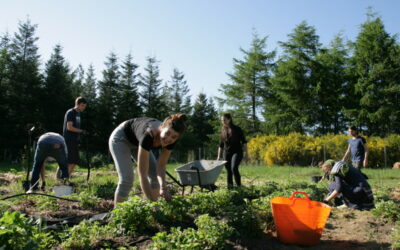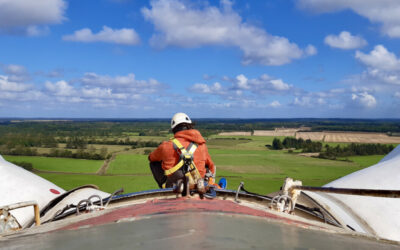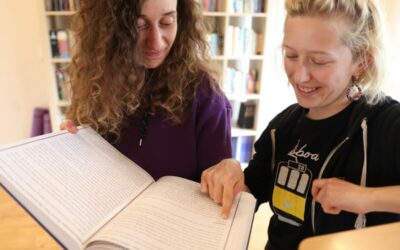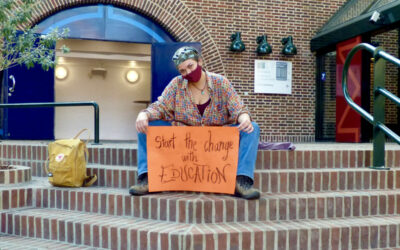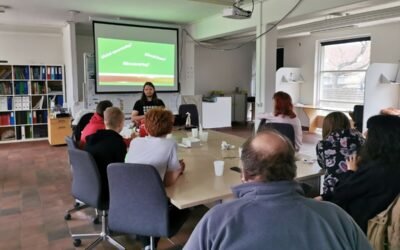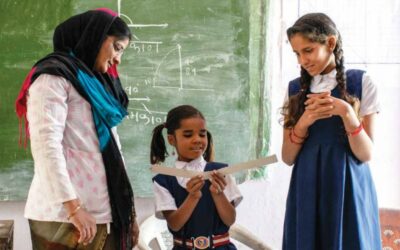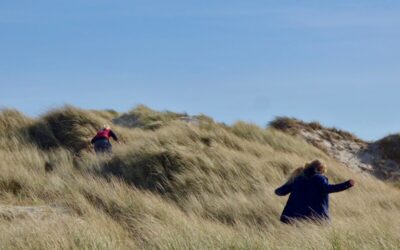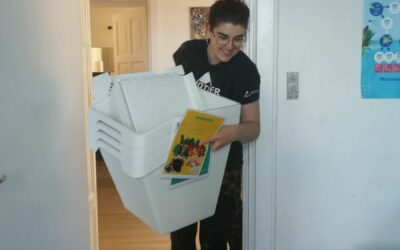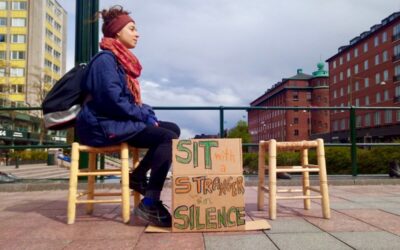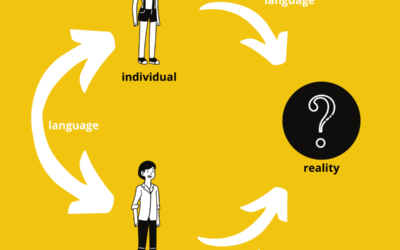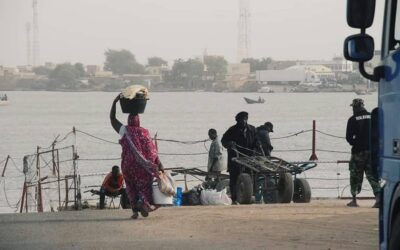The Earth is changing; our environment is dying. If one of the primary roles of education is to equip people with the knowledge to make a positive difference in society, why is Planet Protection most often not included in schools’ curricula? Why is it regarded as something individual activists need to take care of?

Why fighting the climate crisis is not your responsibility – and why you should do it anyway.
Who is responsible for the Climate Crisis? This article tries to answer this question, analysing in particular the role of ordinary individuals, States and Corporations. Here is why you are not responsible for the Climate Crisis – and why you should be fighting it anyway.
An education for the 21st century: what is the role of education today?
As teachers living in outstandingly fast paced times, it is legitimate to ask ourselves: how can we imagine and design an appropriate education for the 21st century? In other words, what should schools look like, to prepare the students of today for the challenges of tomorrow? In this article, we would like to argue why the current educational system needs to be radically rethought, and to inspire with a few elements that would help us achieve this successful change.
10 ways to fight capitalism
Today, fighting Capitalism seems beyond belief. But we think it is still possible – here is what you can do to fight Capitalism everyday.
Learning crucial teaching skills
Learning crucial teaching skillsFor the past 10 months of Teaching Practice as a part of my education at DNS Tvind, I have had the pleasure of working as a teacher-assistant with learning-apprehensive students at Friskolen Helios. The time spend at the school will...
Teachers: Leading in crisis, reimagining the future
Humana People to People remains committed to shouldering the task of training teachers of another kind who are ready to teach, inspire and lead the new generations for many years to come.
The concept and practice of integration in Tvind
Integration is an important aspect, or rather one of the goals, of the “Tvind Pedagogy”. In Tvind, deliberate effort is regularly put into reflecting about how to make it better, into adjusting our knowledge of it to each student and into constantly finding out new ways to make them feel like they belong. These concepts and reflections later materialise in the many ways in which we actually exercise integration.
The footprints of Teaching Practice
DNS 2017, the senior team, is now finalising one of the last periods of DNS programme: Teaching Practice. Teaching Practice lets us experiment in the reality of the classroom, apply teaching methodologies and most importantly, make mistakes and learn from them. However, teaching practice doesn’t end after the lessons. We also contribute to the teaching practice place by being in charge of the programme in the school and initiating a chosen project, our “Footprint”.
European Reality from the eyes of a DNS student
European Reality is a 6-months period, part of the second year of the DNS programme, during which the team moves to a bigger European City with the goal to find jobs, a House, learn about the European working class’ way of living, and get involved in the city’s cultural life. In this article, you can hear Laura from DNS17 expressing her view on the educational value of experiencing such a period!
There are too many things I want to learn and share: being a teacher combines both – Svetlana, alumni and DNS Teacher
To choose the path of teaching took me some time, I must say. It started on my very first 1st of September, this is the day when the school year starts in Lithuania. I simply loved it. And I am not talking about the lessons and tests, but about all the kinds of people I got to interact with and about the learning process that was happening there, somehow in between lessons most of the time. Though I was in love with the school and Summer holidays always seemed too long of a break, I never thought I will become a teacher. It is now, when I reflect, I see lots of sense in my actions and choices that led me to choose this profession.
What is language, and its hidden value
Imagine you had to make a list, a catalogue, of all that exists. Where would you start?
You would probably look around, and start to name or to write down everything that you see or that comes to your mind. Soon, you would come across some dilemmas, and start to notice that it is not always so easy to establish what exists and what doesn’t.
The Invisible Wall
The Invisible WallsThere is such a huge contrast in going through different countries on land. Not by flying and suddenly arriving to a place, but gradually traveling through landscapes. The scenery changes slowly, our eyes adapt to the shift in various forms,...

